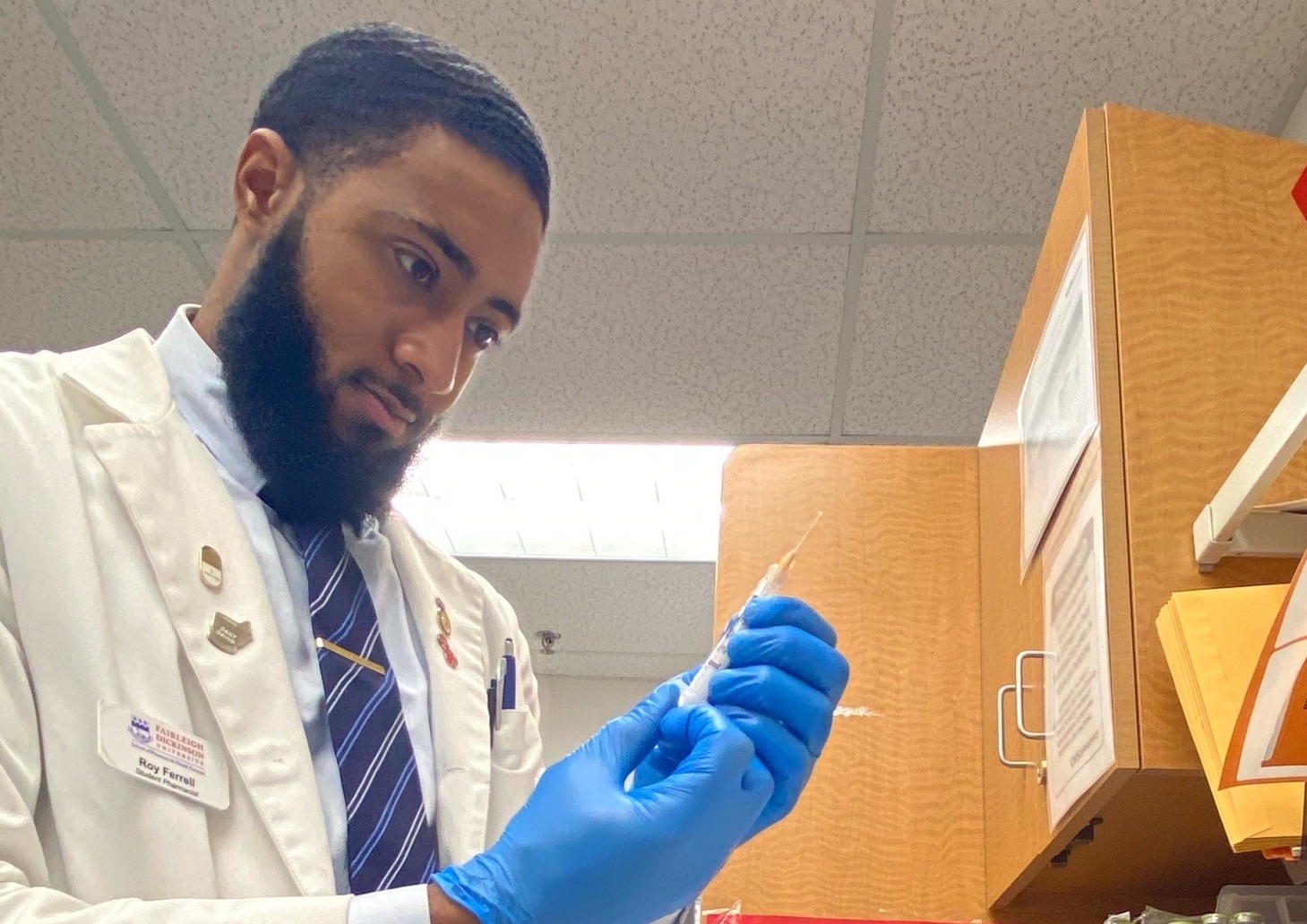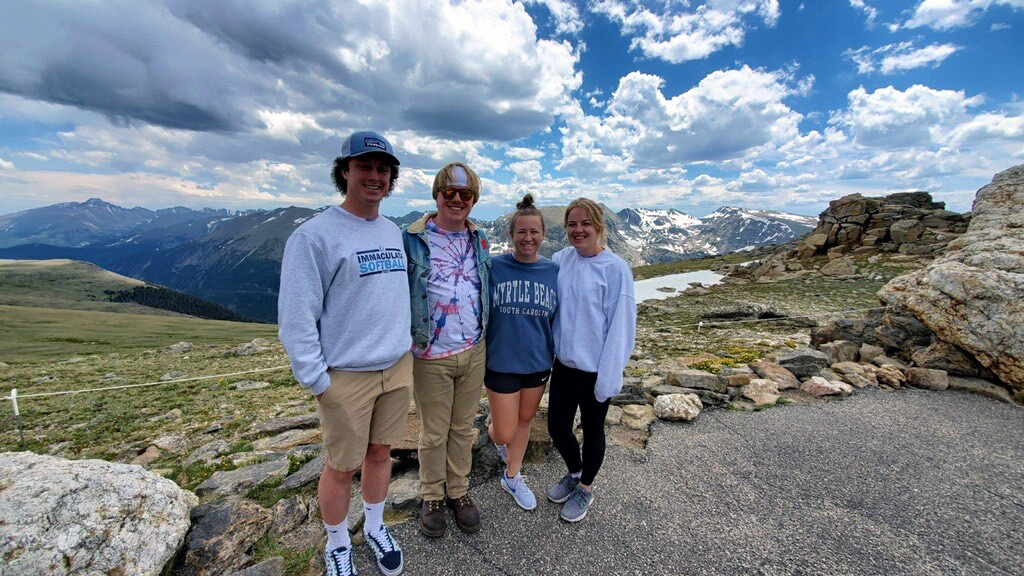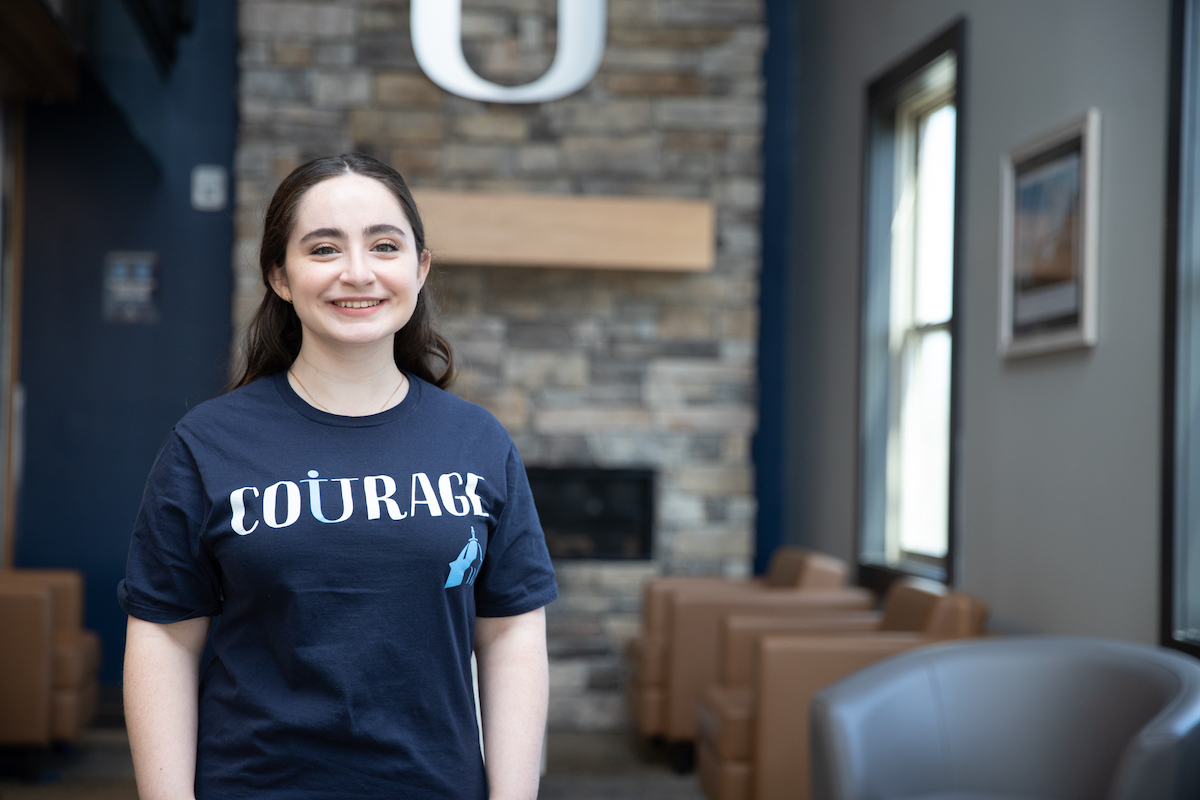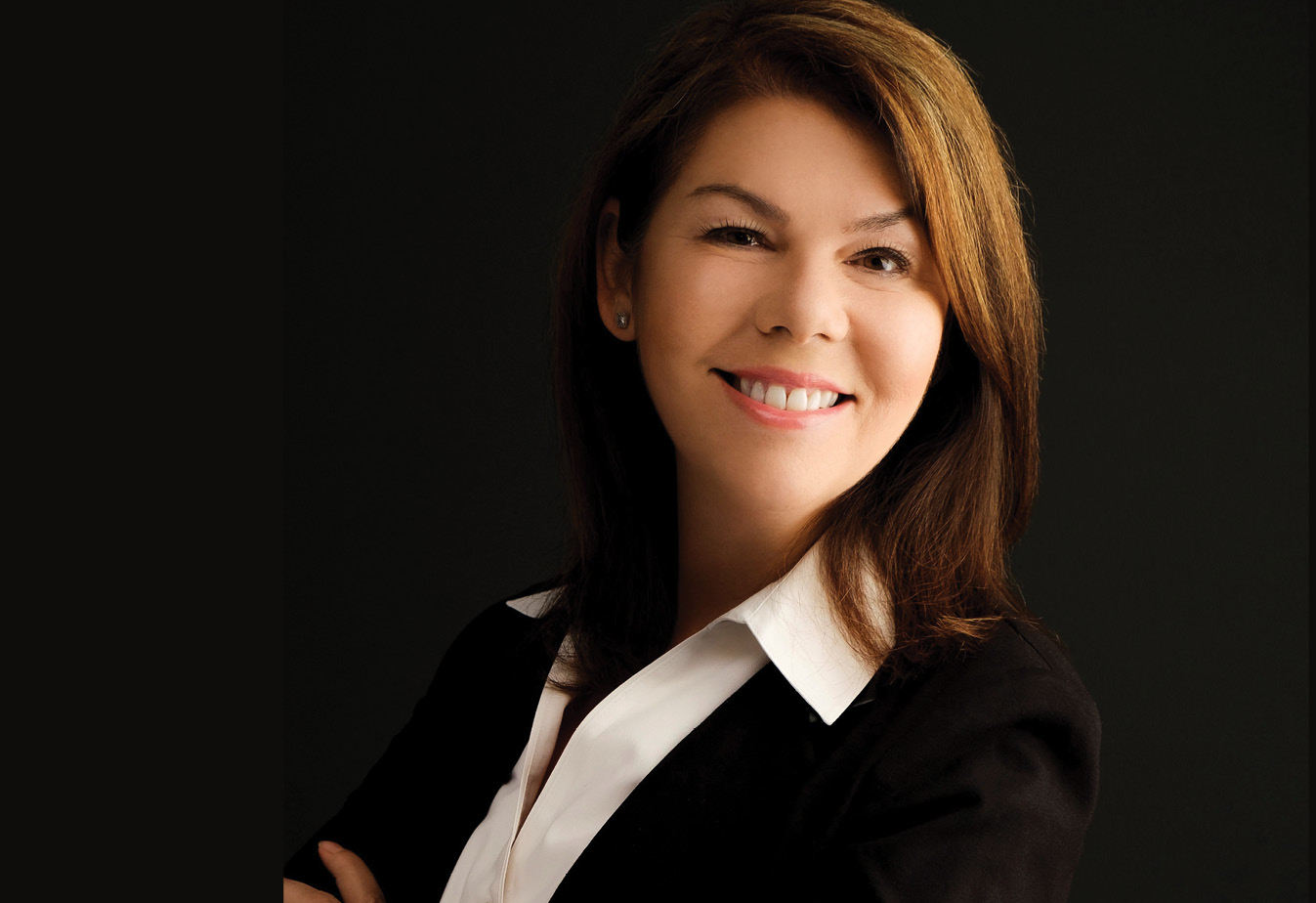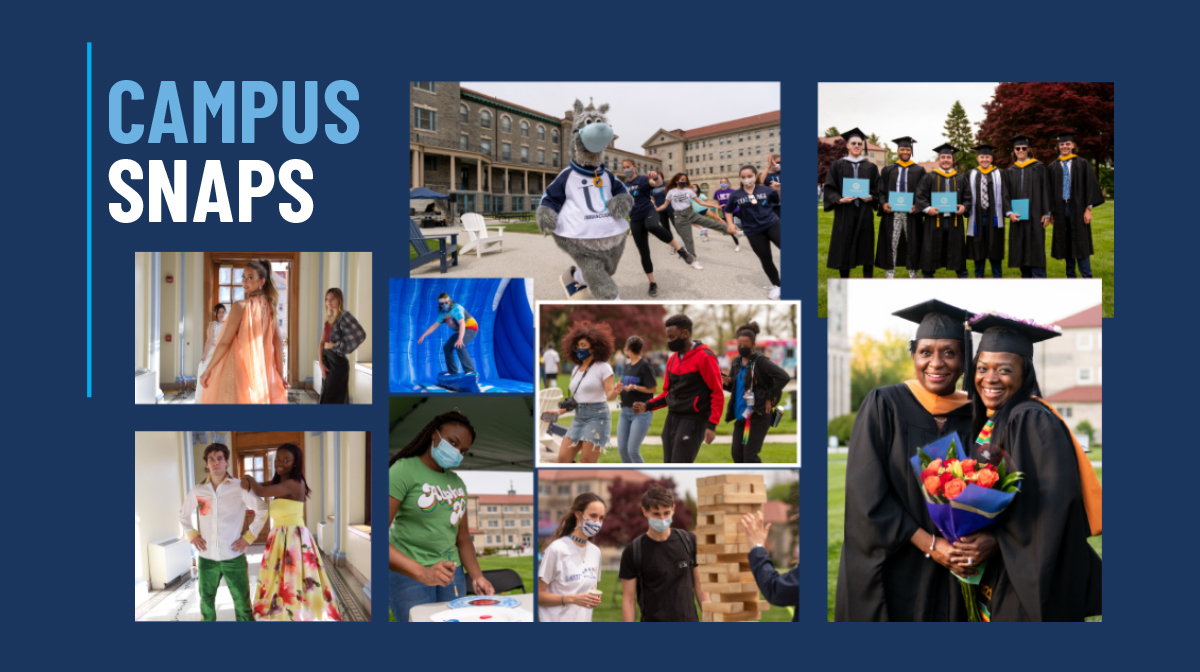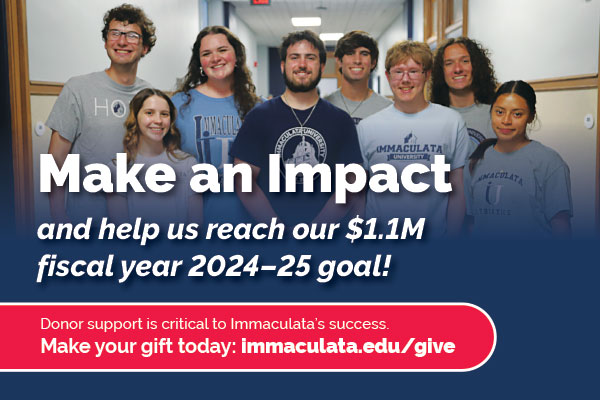In 2005, when Roy Ferrell Jr. ’17 was 10, his doctor prescribed him an antibiotic, but the pharmacy near his home in Hockessin, Delaware mistakenly gave him a diabetic medication. His blood sugar plummeted, and he was rushed to the hospital. The health care team restored his glucose level, but the doctor told Ferrell’s father that his son had nearly fallen into a hypoglycemic coma and could have died.
“As an African American, I have observed family and community members failed by the health care system due to poor access to services,” he says, noting that this can lead to harmful medical errors like he experienced, as well as low rates of early disease detection and unaffordable health care costs. This life-threatening experience inspired Ferrell to become a pharmacist, earning a joint Doctor of Pharmacy and MBA from Fairleigh Dickinson University in Madison, New Jersey.
“Lacking access to adequate health services is not only detrimental to the community, but also directly hinders the progression of our country as a whole,” Ferrell remarks. He mentions that the U.S. spends trillions of dollars on health care, and he quotes a 2016 statistic from the Agency for Healthcare Research and Quality, saying that just 5% of the population accounts for half of all health expenses.
“It is paramount that access to preventative measures and screenings become available to all,” Ferrell stresses. “My goal is to become an impactful community-based pharmacist with a heightened focus in underrepresented communities to assist in strengthening the health care system by administering immunizations, conducting clinical screenings (i.e., blood pressure, blood glucose, etc.), reducing drug misuse and removing socioeconomic barriers.”
Ferrell credits Immaculata’s biology program with preparing him for pharmacy school. He was absorbed by his hands-on lab experiences and courses in microbiology and genetics. “I was fascinated with learning about life on such a granular level,” he comments. He also volunteered at Camilla Hall’s pharmacy, using the close attention to detail he developed in his courses to assist three experienced pharmacists. Ferrell also learned time management and leadership skills, not only through his classes but also through playing basketball and serving as a team captain. Managing all these activities was not easy, he says, but “this challenge is something that I learned to endure, embrace, and even look forward to.”
As Ferrell was entering his last year of pharmacy school, the COVID-19 pandemic put a new twist on what he thought his career would look like. The risks of simply going to work were intimidating at first, he admits. But he remembered the first line of the pharmacist’s oath he had taken upon entering graduate school: “I promise to devote myself to a lifetime of service to others.”
“I knew it was my duty to rise to the occasion,” he says. Ferrell provided drive-through COVID tests, filled prescriptions for deliveries during lockdown and prepared medications for hospitalized COVID patients. He even conducted research with his preceptor on the efficacy of the Pfizer COVID vaccine and created a presentation to prepare hospital staff to store and administer it and watch for adverse reactions. He has also traveled to nursing homes and various CVS stores to vaccinate the community.
“I know my work is needed and impactful,” he says. “Patients are constantly expressing their gratitude.”
Reflecting on the difficulties of the past year, Ferrell quotes Martin Luther King Jr.: “The ultimate measure of a man is not where he stands in moments of comfort and convenience, but where he stands at times of challenge and controversy.”
“It is challenging times like this that truly determine who we are as humans,” Ferrell remarks, “and that is what has driven me.”
Ferrell has noticed that his African American patients seem to feel at ease when he gives them their vaccines. “Living in a world where the life expectancy of Black men is significantly lower than their counterparts, it leaves us wondering why,” he reflects. Some health disparities between races could be the result of a lack of diversity among health professionals, he says. He also mentions Black communities’ mistrust of the health care system, stemming from the infamous Tuskegee Experiment, when government researchers intentionally withheld treatment from Black men with syphilis. “Diversity is something that is essential and cultivates trust,” Ferrell observes. He is pleased that his presence helps build confidence in the vaccine.
Though it has been rewarding, Ferrell’s work to combat the pandemic has come with a cost. “It has been over a year since I have been able to physically hug my family,” he notes. He and his parents, sister and grandmother decided it would be safest to avoid in-person contact to reduce the risk of transmission. But in the spring, Ferrell’s family completed their vaccinations in time to see him walk across the stage to receive his Pharm.D. and MBA degrees. He is now working full-time as a pharmacist at a CVS.
“Prior to starting school, I didn’t know any pharmacists, let alone anyone who looked like me in the pharmacy world,” Ferrell remarks. “My hope is that my success helps to motivate generations to come and show anything is possible.”
Did You Know?
Health & Race in the U.S.
5%
The U.S. population accounts for 50% of health care spending. (2016 report from the Agency for Healthcare Research and Quality)
13%
About 13% of the U.S. population is Black, but only 4.9% of pharmacists are Black. (2019 National Pharmacist Workforce Study)
-4 years
The life expectancy of Black men is 74 years, while white men have an average lifespan of 78.4 years. (2020 Census Bureau projections)
72% vs. 49%
When considering why Black people generally have worse health outcomes, Black people were far more likely than white people to mention disparities in access to health care and insurance. (2020 Survey on Race and Health, Kaiser Family Foundation and ESPN’s The Undefeated)
70%
Percentage of African Americans who say the health care system often treats people unfairly based on race. (2020 Survey on Race and Health, Kaiser Family Foundation and ESPN’s The Undefeated)
1 in 4
About one in four Black adults would prefer to see a Black doctor, but only 5% of American doctors are Black. (2020 Survey on Race and Health, Kaiser Family Foundation and ESPN’s The Undefeated)
65% vs. 40%
Black people are more likely than white people to say they struggle to find a doctor who shares their background and experiences. (2020 Survey on Race and Health, Kaiser Family Foundation and ESPN’s The Undefeated)

